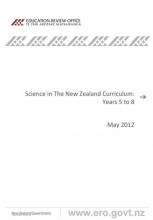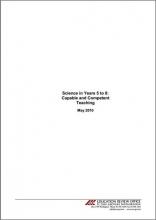Hauhaketia Ngā Taonga Tuku Iho Kia Puāwai Ai: Unearth Our Ancestral Treasures So that We May Prosper
Evaluation insights by the ERO, alongside contributions from the Te Kōhanga Reo National Trust and kōhanga reo whānau inform the findings of this report, which highlights effective practice in kōhanga reo, specifically the support children need to grow and thrive through a quality immersion pathway.






